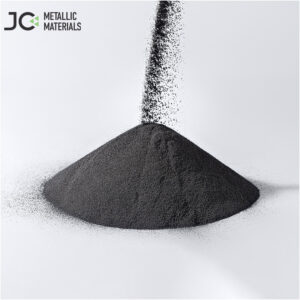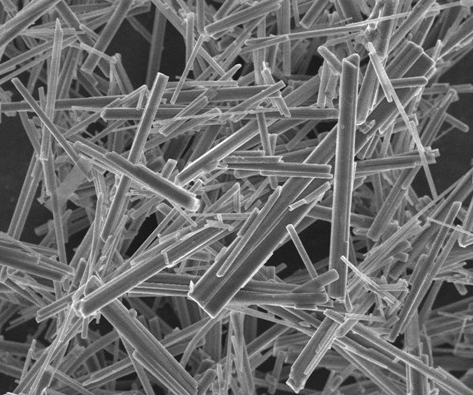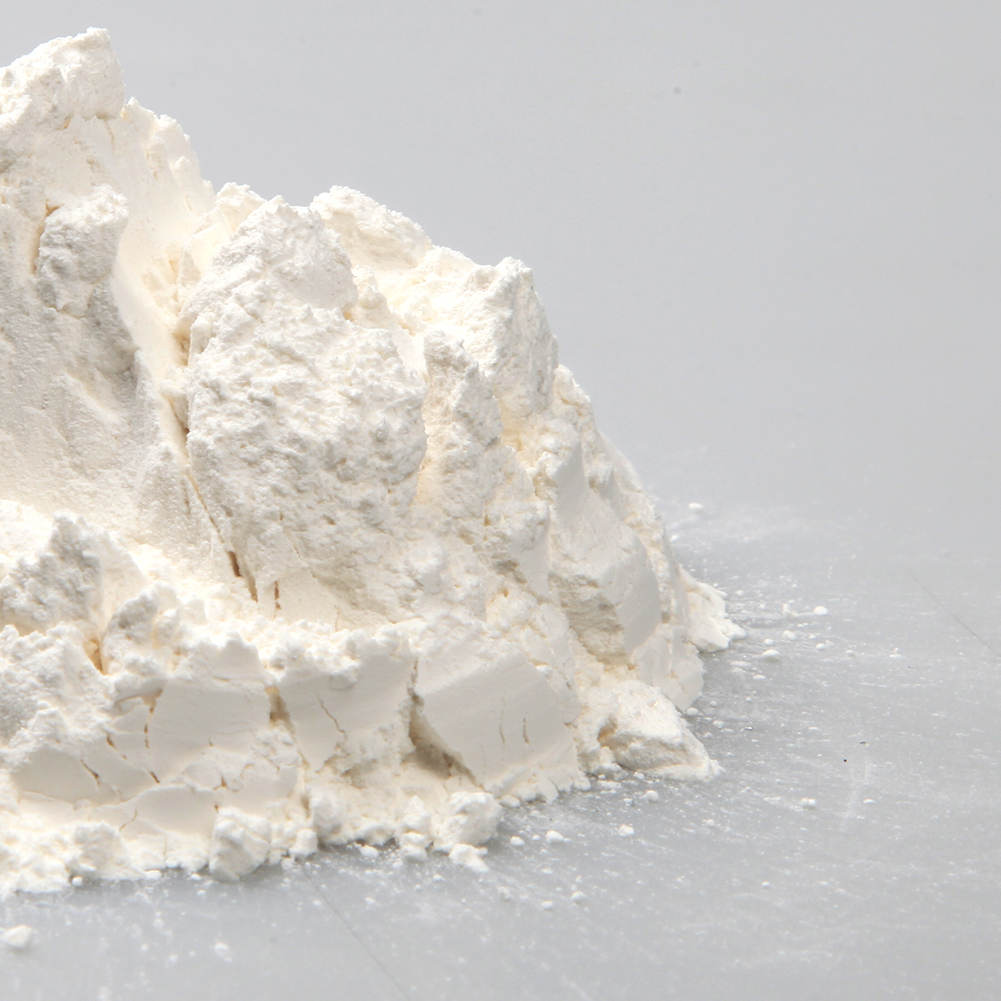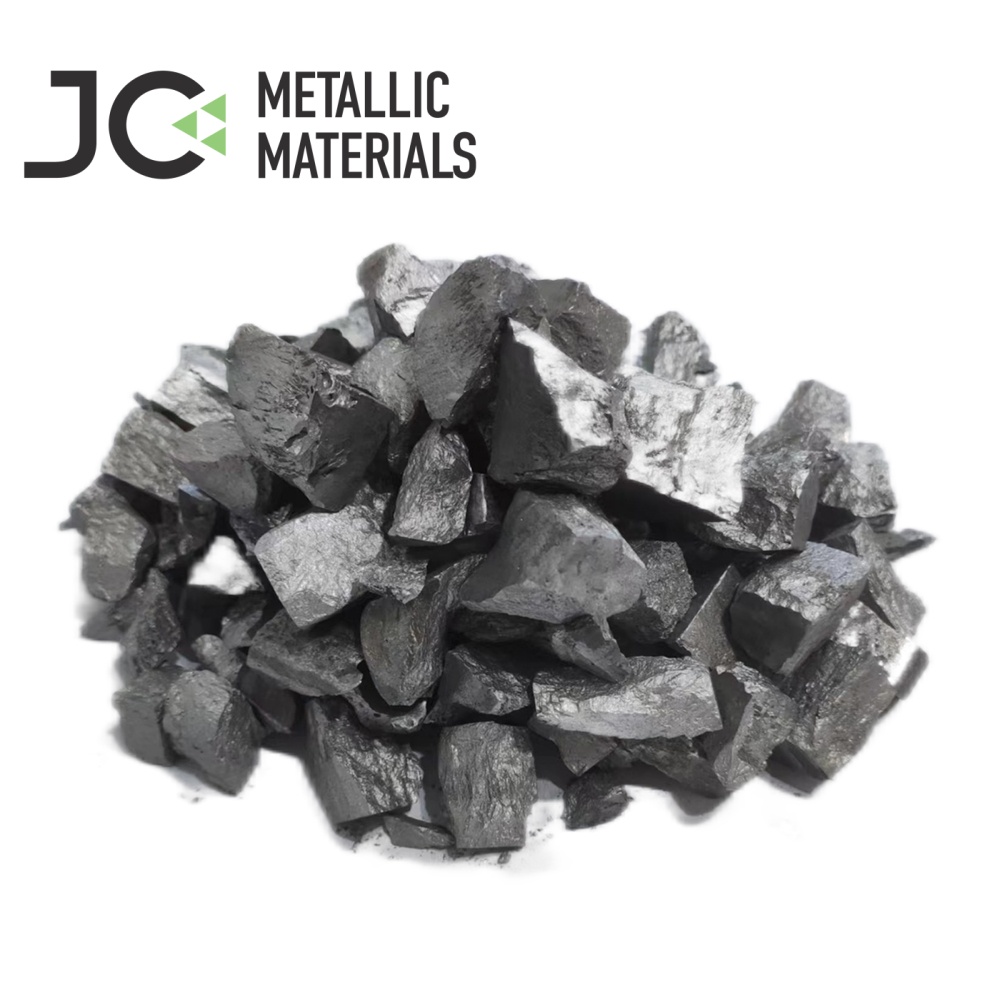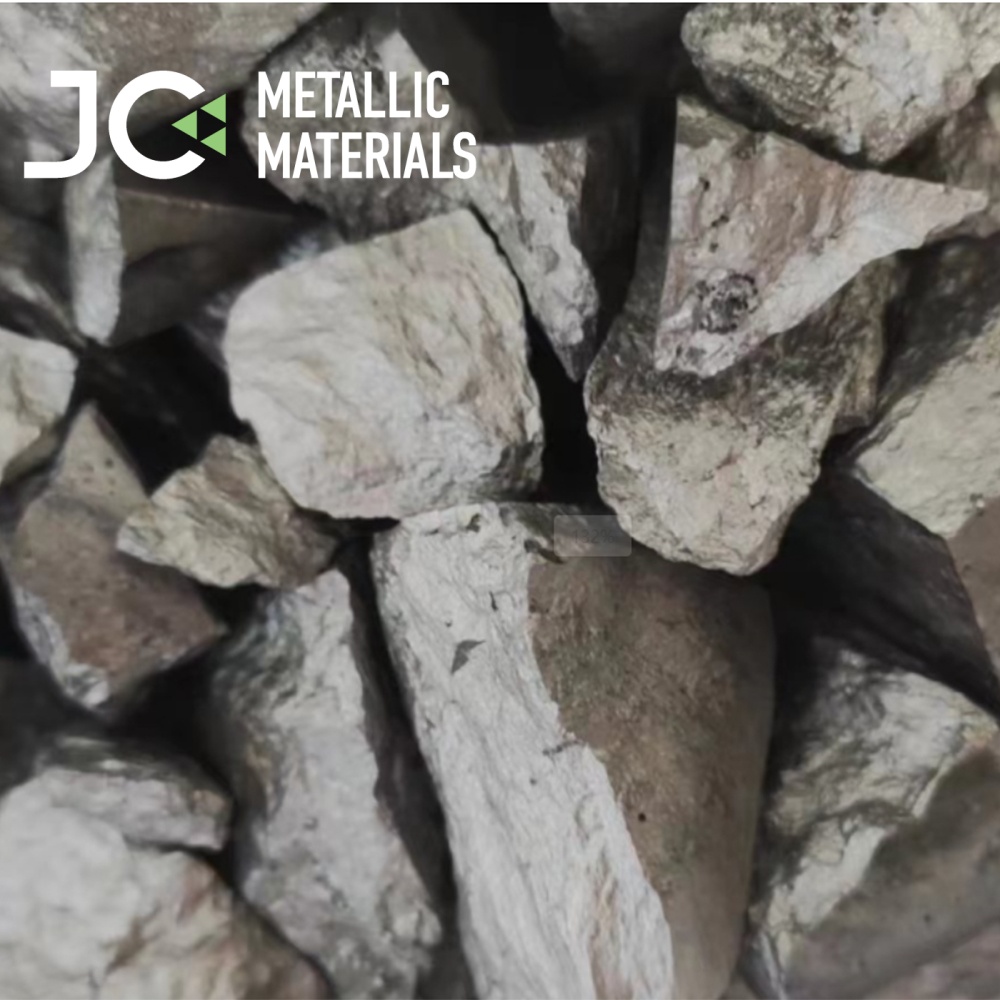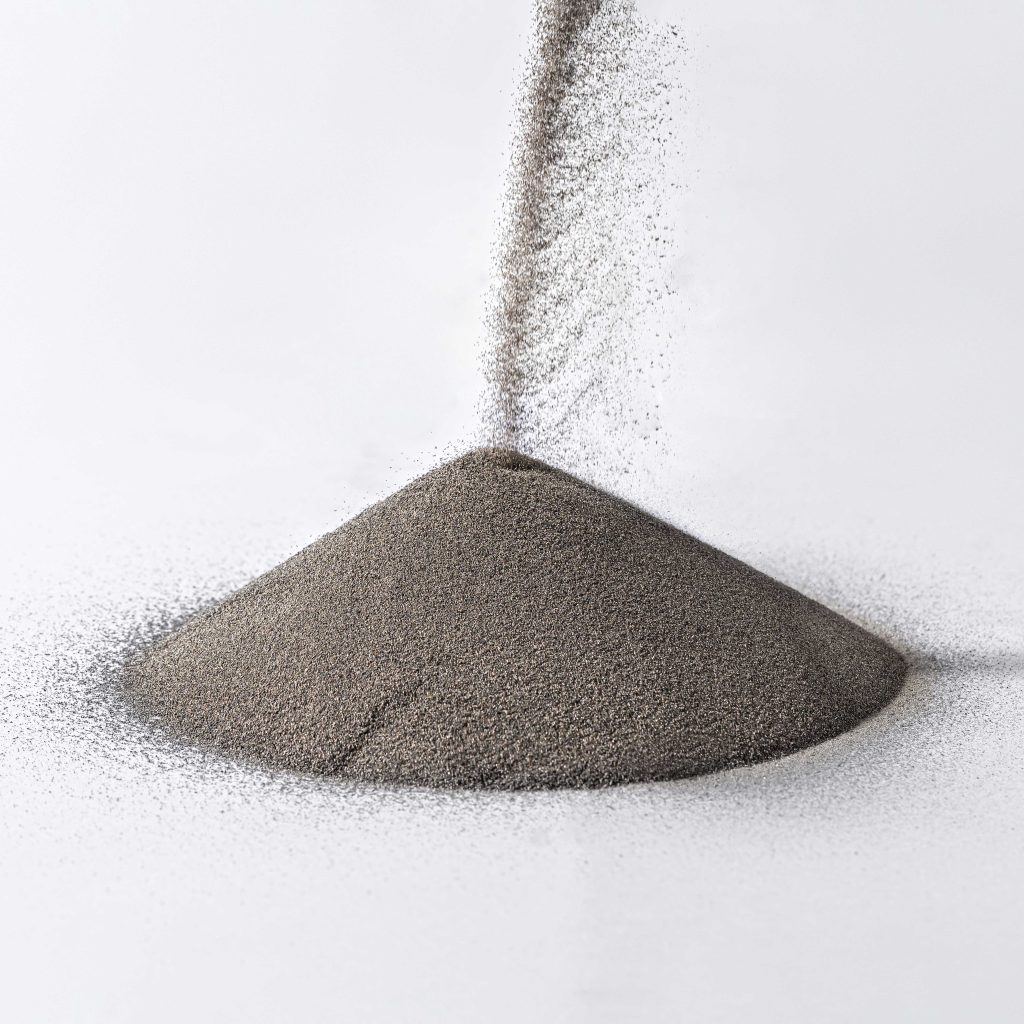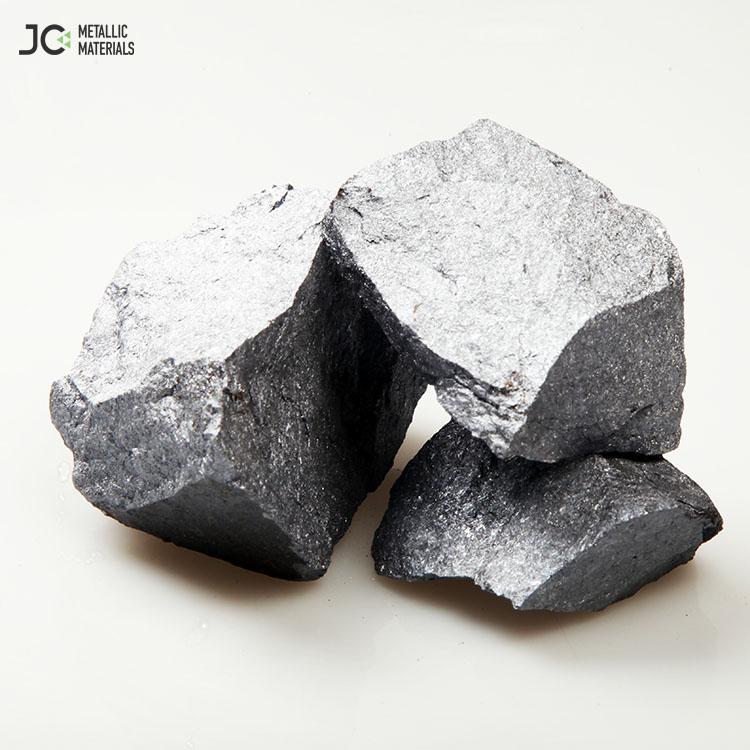
Boron Carbide: Key Properties & Applications
In an age of fierce competition, industries are looking for stronger materials. Boron carbide gives steel a resilient quality. Our material ensures peak performance for automotive, construction and aerospace. In China, there are several boron carbide manufacturers are available. Jinchun Metal is a leading supplier of boron carbide in China. We offers high-quality alloys, accurate compositions and timely delivery. Boron carbide powder price depend on quality the materials.
Our team provides in-depth information about boron carbide powder. We will discuss the most important topics, including its production, industrial importance and types.
Let’s began with us!
What is a Boron Carbide?
Boron carbide is a ceramic material of extreme hardness. It is widely used in industry. It is the third hardest material after cubic boron and diamond. It is lightweight and yet provides excellent strength and durability under harsh conditions. So, it can be found in many military applications, including armor, abrasives and cutting tools.
Production Methods for Boron Carbide
Boron powder is made by high-temperature chemical reactions that transform boron carbide compounds to a ceramic powder. The boron carbide formula ensures consistency in purity, particle size and mechanical properties.
Step 1: Selection of Raw Materials
As the primary raw materials, high-purity boron dioxide and carbon are selected. The density of boron carbide is directly effected by the ratio and quality of these materials. The preparation of the carbide powder ensures that it is free from impurities and has a uniform composition. This will result in consistent performance and industrial grade for applications such as abrasives and armor.
Step 2: Mixing and Grinding
To achieve a homogenous composition, the boron powder and carbon powder are thoroughly mixed. Grinding is done to reduce particle sizes, improve surface contact and ensure complete reactions during high-temperature syntheses. The chemical reaction is improved by uniform mixing, which results in carbide of consistent quality, superior mechanical strength and hardness.
Step 3: High-Temperature Reaction
In an inert environment, the powders are mixed and undergo a high temperature chemical reaction. It is produced by the boron-oxide-carbon reduction technique. Controlling temperature and atmosphere is essential to ensure a complete reaction and high yield.
Step 4: Cooling and Crushing
The formed boron must be cooled slowly to prevent cracks and structural defects. To facilitate processing, the solid product is crushed into coarse granules. To maintain structural integrity and particle integrity and to prepare the material for precise sizing reduction, controlled cooling and initial crush are essential.
Step 5: Grinding, Sieving, and Purification
To achieve the desired particle sizes, it is finely ground. Purification processes ensure chemical stability and remove impurities. The final product is characterized by high hardness, thermal stability and wear resistance. It can be used for abrasives and cutting tools as well as armor plates and nuclear applications.
Boron Carbide Types
It is available in various types. Each type has been designed for a specific industrial application. The differences in particle shape, size and purity are what determines their suitability for applications such as abrasives and cutting tools. The right type will ensure optimal performance, durability and cost-efficiency for demanding environments.
1: Fine Powder Boron Carbide
Boron fine powder is composed of very small particles. Typically, they are below 10 microns. It is used primarily in high-performance coatings, polishing agents and abrasives. The fine particles produce a superior surface finish with uniformity. This type is highly valued by industries for precision applications that require hardness, consistency and smooth surfaces.
2: Granular Boron Carbide
Granular carbide is characterized by larger and uniform grains. It is used for blasting, grinding and refractory purposes. The particle size of this material allows for controlled wear as well as high impact resistance. This type of material is used extensively in industrial processes that require durability and toughness. It’s ideal for heavy-duty applications such as grinding wheels and wear resistant linings.
3: Sintered Boron Carbide
Sintered carbide can be produced by high-temperature, high-pressure compaction to produce dense, hard ceramic shapes or blocks. It is used in structural components, armor plates, and ballistic protection. Its hardness and stability are ideal for high-stress industrial and military environments that require maximum wear resistance.
4: Hexagonal Boron Carbide
Hexagonal carbide has a hexagonal crystal structure. It provides excellent thermal stability and hardness. It is used for neutron absorption and nuclear reactors as well as specialized engineering. Its unique structural design ensures superior chemical resistant, low density and performance reliability in extreme temperatures and radiation.
5: Coated Boron Carbide
Coated carbide is with protective coatings that enhance durability or compatibility with other materials. This type is used for composites, industrial coatings and cutting tools. The coating reduces friction and increases the service life of materials in demanding applications.
Boron Carbide Properties
It is a unique material with physical and chemical properties. Its use in many industries has become indispensable. The combination of chemical resistance, thermal stability and hardness makes it an excellent choice for demanding applications such as abrasives and armor. It is also used in nuclear and high temperature engineering. Understanding these properties can help optimize the selection of materials and their use.
1: Extreme Hardness
It ranks just below diamond as the hardest material known. Its extreme hardness makes it resistant to scratches, wear and deformation. This property is used by industries to manufacture cutting tools, grinding mediums, and armor systems which require maximum durability and protection under high-stress situations.
2: Low Density
Despite its hardness, boron is remarkably lightweight, with a low density compared to metals and other ceramics. This makes it perfect for applications such as armor plates, aerospace parts, and protective coatings, where efficiency and mobility are important.
3: High Melting Point
It has a melting point exceeding 2450degC. Its thermal stability allows for structural integrity to be maintained even under extreme heat. It is widely used for refractory material, high-temperature components of engineering, and in environments where thermal resistance plays a critical role.
4: Chemical Inertness
It has a high resistance to alkalis and acids. It is also resistant to most chemicals. Chemical inertness of carbide ensures performance and longevity in industrial environments that are corrosive or reactive. It is ideal for chemical processing equipment and nuclear applications that require stability over a long period of time.
5: Neutron Absorption Capability
Boron is a good neutron absorber due to the boron in it. This property is particularly valuable for nuclear reactors and applications involving radiation shielding. It is a key material for energy and defense industries because it helps control nuclear reactions and enhances safety.
Boron Carbide Uses
Boron is a high-performance ceramic material with a wide range of applications.The combination of its extreme hardness, lightweight construction, and chemical stability makes it a great choice for industries that are looking to replace traditional materials.
1: Defense and Military Applications
Armor is the main applications. Its hardness allows it to absorb impact energy and disperse it, providing superior protection while not adding excess weight. It is used in modern vehicles and protective panels as well as body armor to improve safety and mobility.
2: Cutting and Abrasives for Industry
Boron has many industrial applications. It includes grinding, polishing and cutting. The unmatched hardness of carbide ensures that tools remain sharp for a longer period, increasing productivity and accuracy. Boron is used by manufacturers in the metalworking, electronic, and precision-driven industries to produce high-quality finishes.
3: High-Temperature and Refractory Uses
Boron is ideal for applications requiring high temperatures due to its thermal stability and resistance. Other materials are not able to withstand the heat of crucibles and furnace linings. This reliability provides consistent performance, protecting both equipment and products within demanding industrial environments.
4: Boron Carbide For Nuclear Industry
The ability of carbide to absorb neutrons is essential for nuclear technology. It is used in control rods and shielding panels as well as reactor components to help manage nuclear reactions. Its properties not only increase operational safety. But also protect personnel and equipment against harmful radiation exposure. This makes it a crucial material in the energy and defense sector.
5: Advanced Engineering and Composites
Boron can be used in aerospace, automotive and industrial applications to create composites with high performance and protective coatings. Its lightweight yet durable nature enhances structural strength, wear resistance, and longevity. Boron is used by engineers to create innovative and long-lasting solutions for challenging applications.
Final Thoughts
It is a high-performance ceramic material with extreme hardness and lightweight design. It is highly durable and chemically stable. It meets a wide range of industrial requirements, from production methods to properties. It is used in nuclear, defense, aerospace and manufacturing applications. Its hardness and thermal stability make it a great choice for engineers looking for reliable and efficient solutions.
